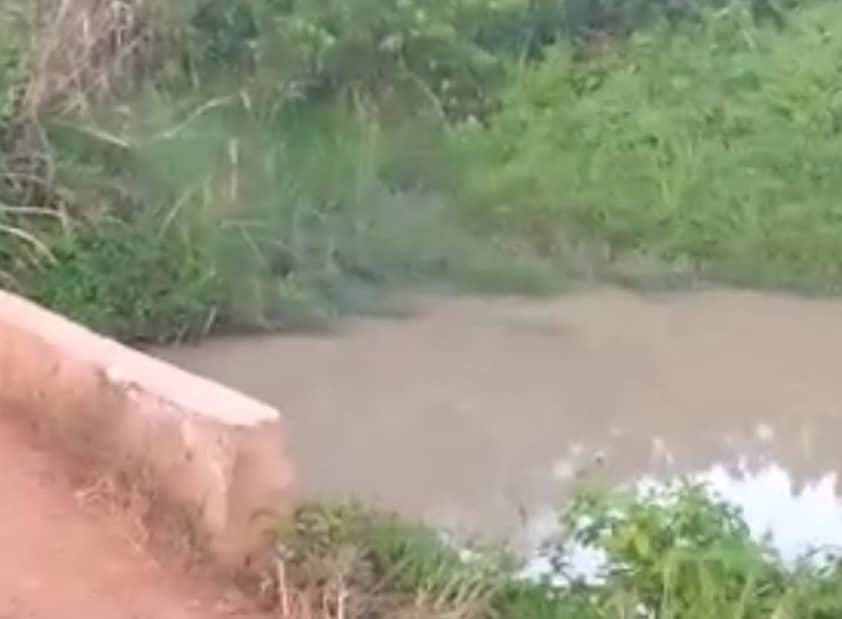
Downloads
Keywords:
Pratique de l’orpaillage ET dégradation des conditions de vie des populations rurales: étude de CAS dans la sous-préfecture de Tienkoikro (Côte d’Ivoire).
Authors
Abstract
Under the combined effect of natural and social factors, in particular climate change, land disputes and the impoverishment of populations, we are witnessing a proliferation of gold panning sites in most villages in central and northern Côte d’Ivoire. For some, gold panning is a palliative for the lack of agricultural land and would reduce land conflicts. For others, this practice would be a factor of quick enrichment, less painful than agriculture. Unfortunately, this practice is not without effect on agriculture, waterways and socio-cultural values. All the actions of sensitization and repression did not affect the determination of the artisanal gold miners; on the contrary, clandestine gold panning is developing more with increasingly sophisticated tools.
This study took place in the sub-prefecture of Tienkoikro. Data collection was done through interviews and documentation. The objective is to show the effects of the practice of gold panning on the living conditions of peasant populations.



